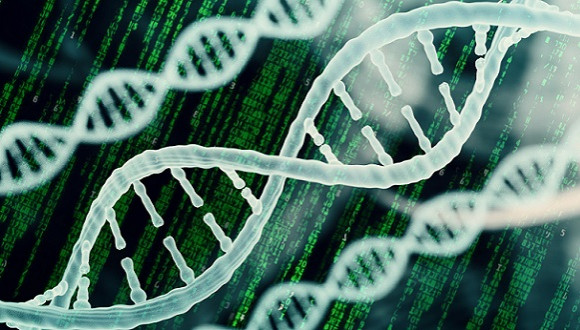Bioinformatics
The mission of the Bioinformatics track is to develop skills in biology, computer science, and the interface between the two. Program’s graduates will have a deep understanding of various topics in biology and computational expertise required to perform cutting edge bioinformatic research.
About the Program
The program in bioinformatics is a cross-faculty, interdisciplinary program of training and research in the interface of computer science and biology. Bioinformatics is a fast-evolving field focusing on developing algorithms and applying them to address biological and medical questions. The big data revolution – along with the technological advances in DNA sequencing and analysis of proteins and small molecules – pose grand challenges that require the development of tailored computational approaches. Students are expected to have strong foundations in computer science and biology.
Why Bioinformatics?
The program is aimed at providing skills for basic and applicative research involving bioinformatics in life sciences and medicine. Our students expand their knowledge in data mining, statistics, and various algorithmic methods, as well as in a range of topics in biology and specifically in bioinformatics.
Program Chair
I did all my degrees in bioinformatics at Tel Aviv University, and had the privilege to take part in the first year of the Bioinformatics MSc program. I have recently returned from post-doctorate studies in the University of California Berkeley, and established a lab that combines computational and molecular research. During my postdoc abroad I came to realize how fortunate I was to have received a formal education combining biology and computer science. I understand now, more than ever before, that there is indeed a true need for bioinformaticians both in academia and industry, in Israel and abroad.
I believe that this is an extremely exciting time to study and perform bioinformatic research. Biology is one of the fields producing the largest amount of data today; given appropriate tools these can be used to produce groundbreaking discoveries. I hope that our program will produce the next generation of leading researchers in the field of bioinformatic.
|


